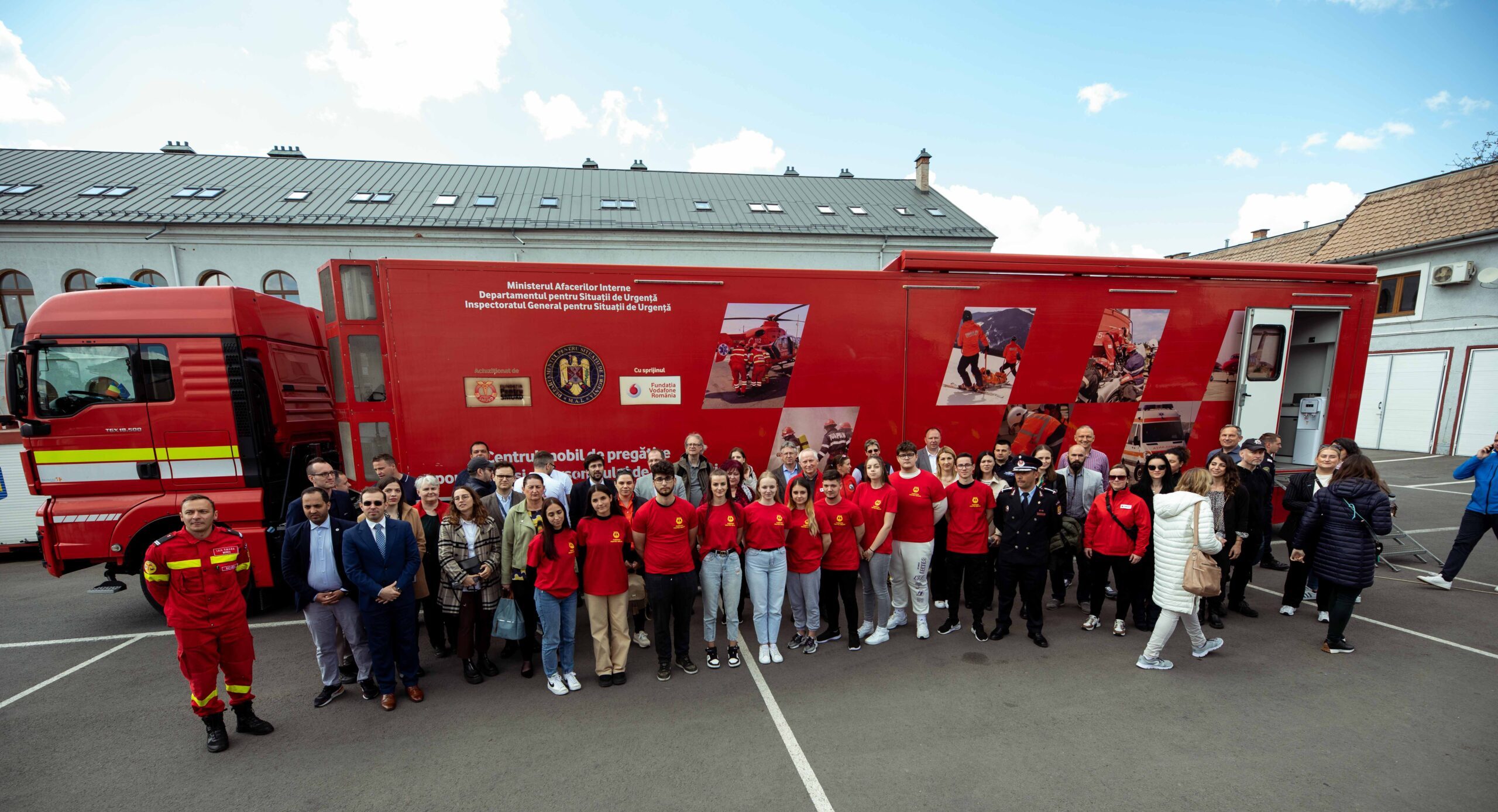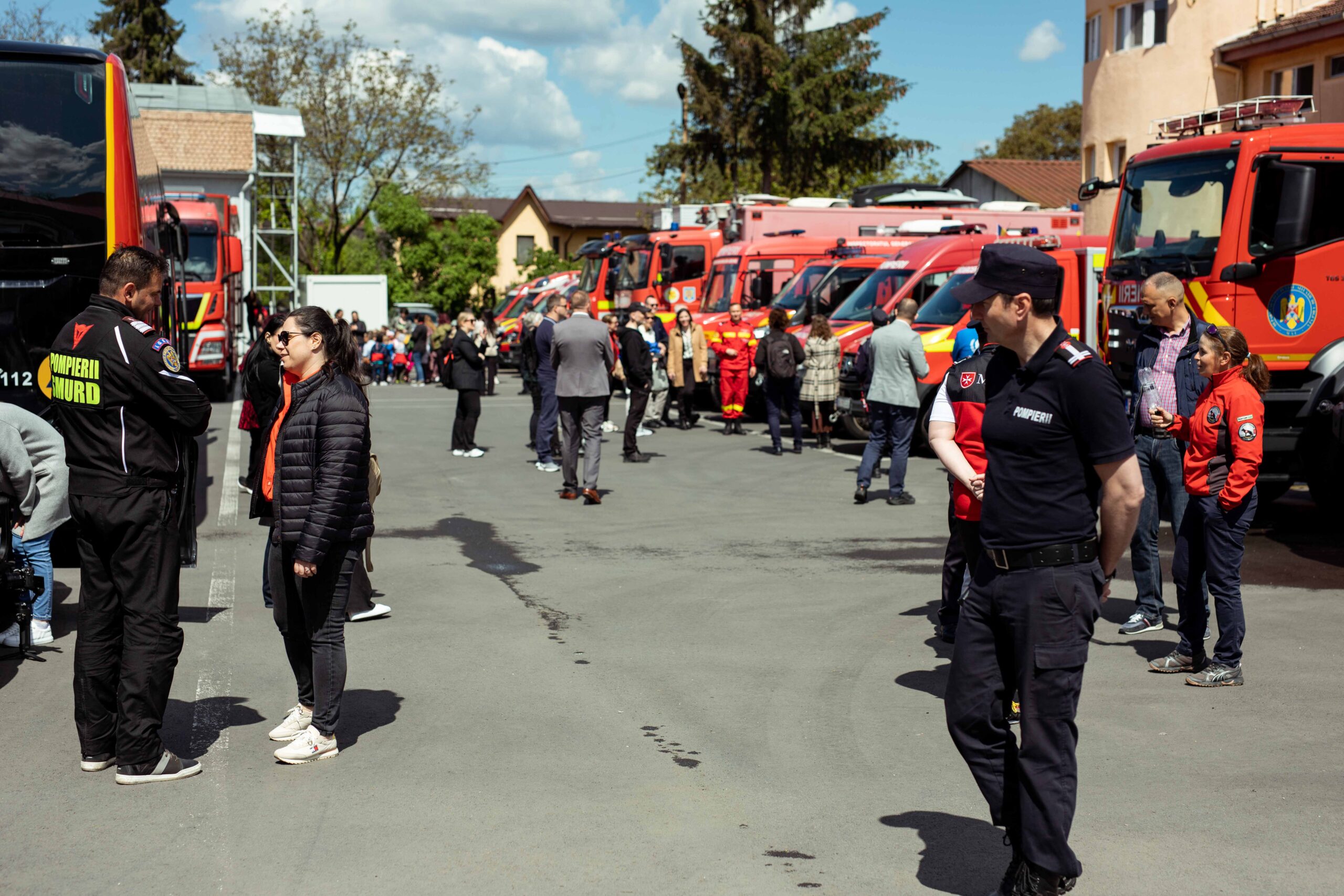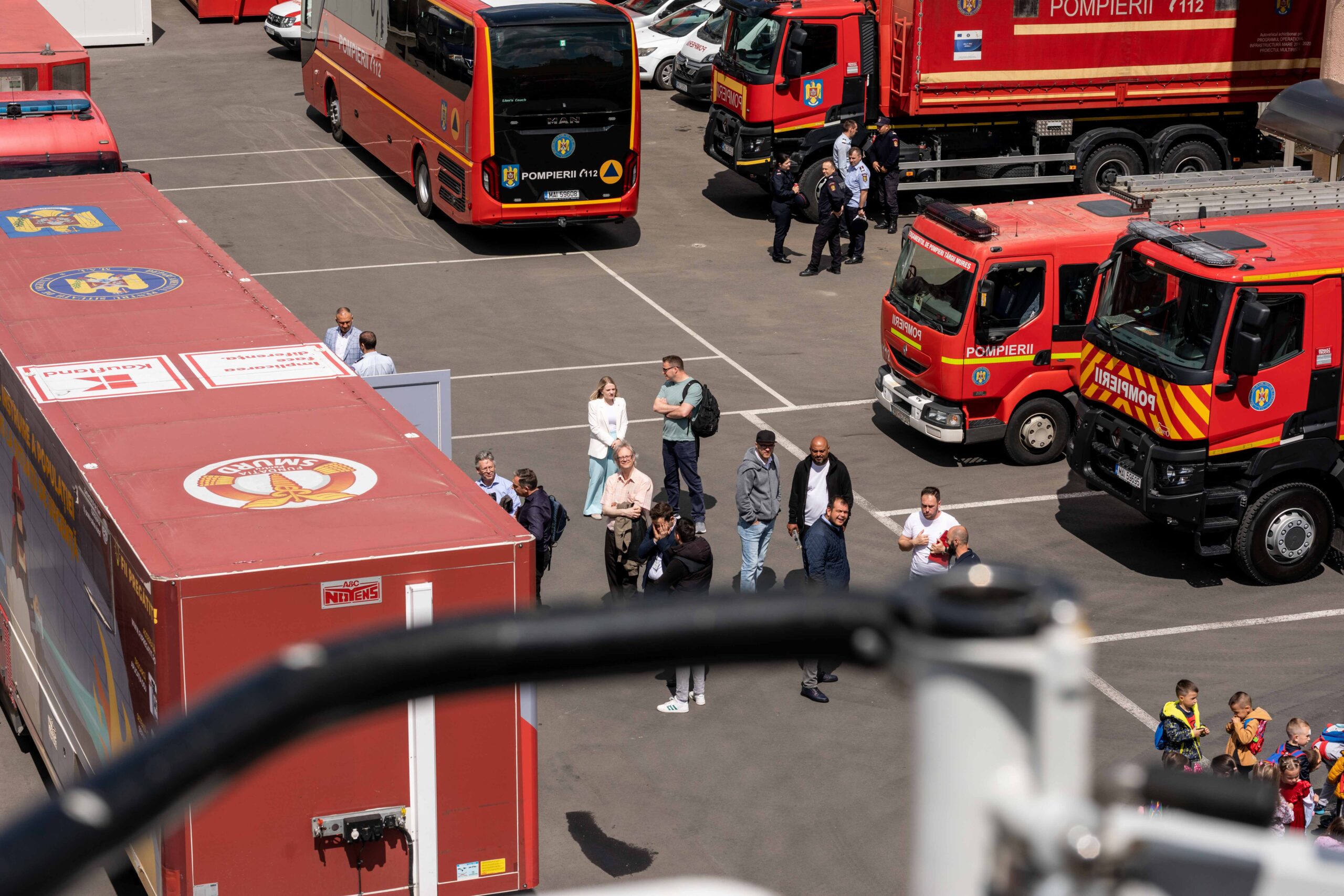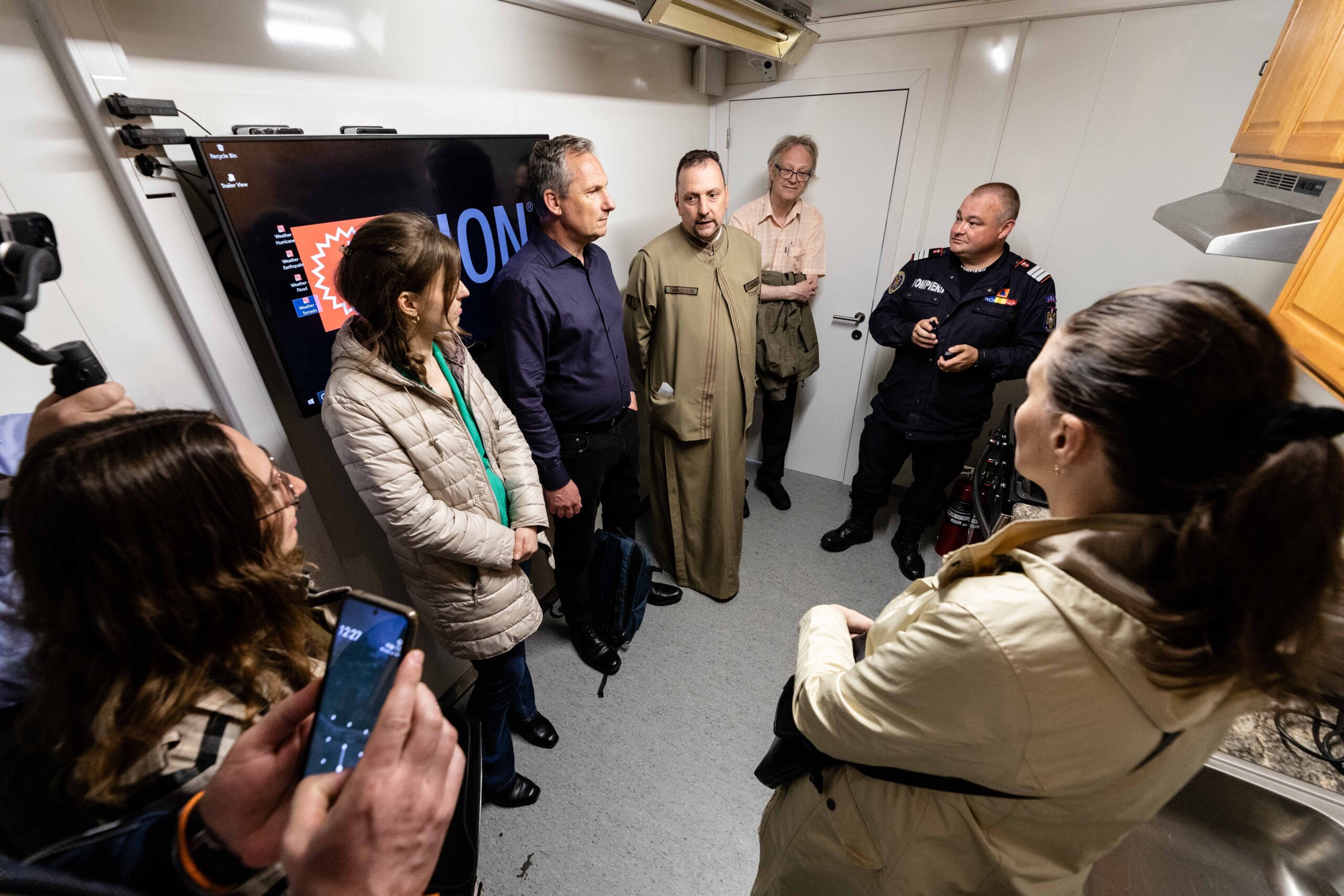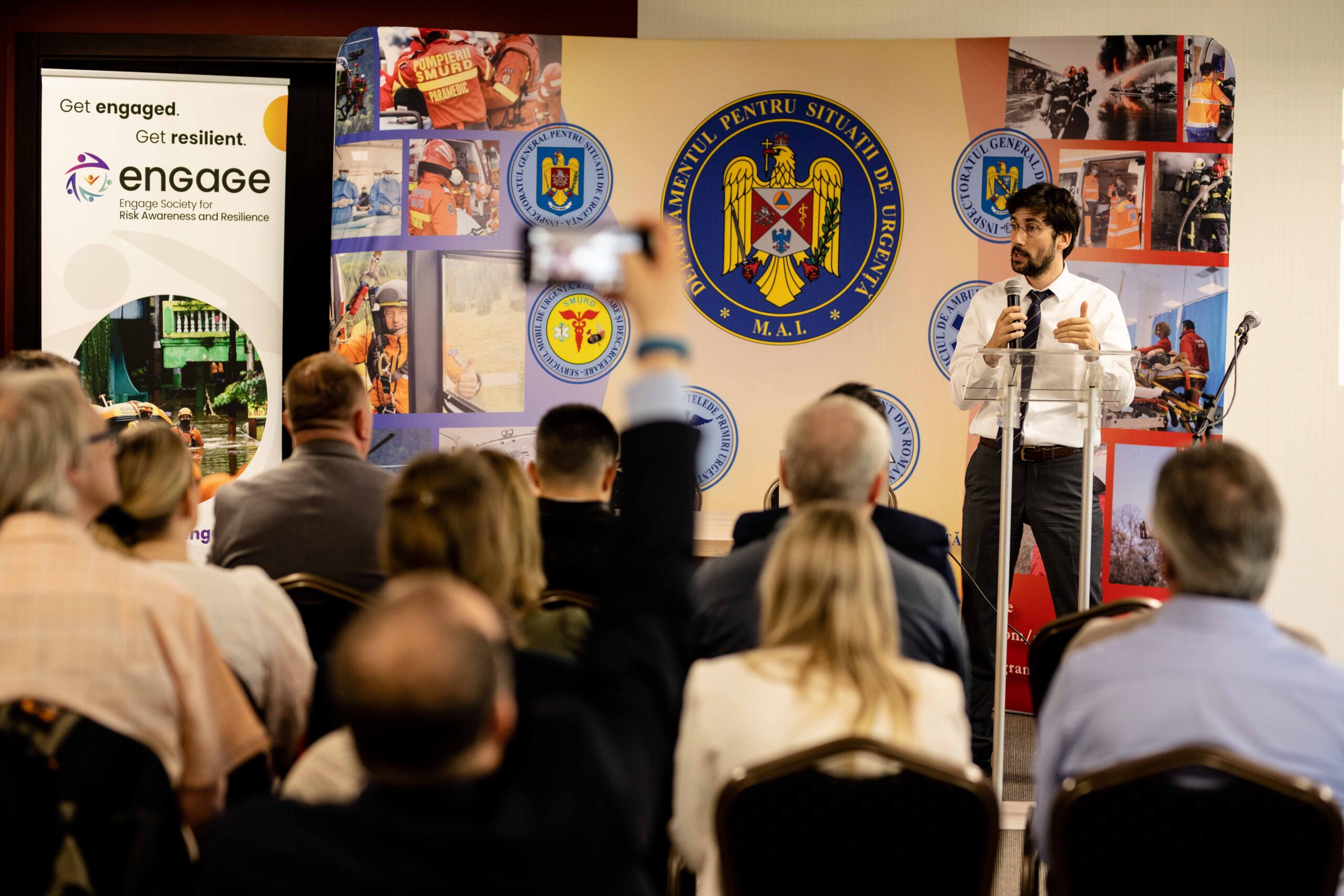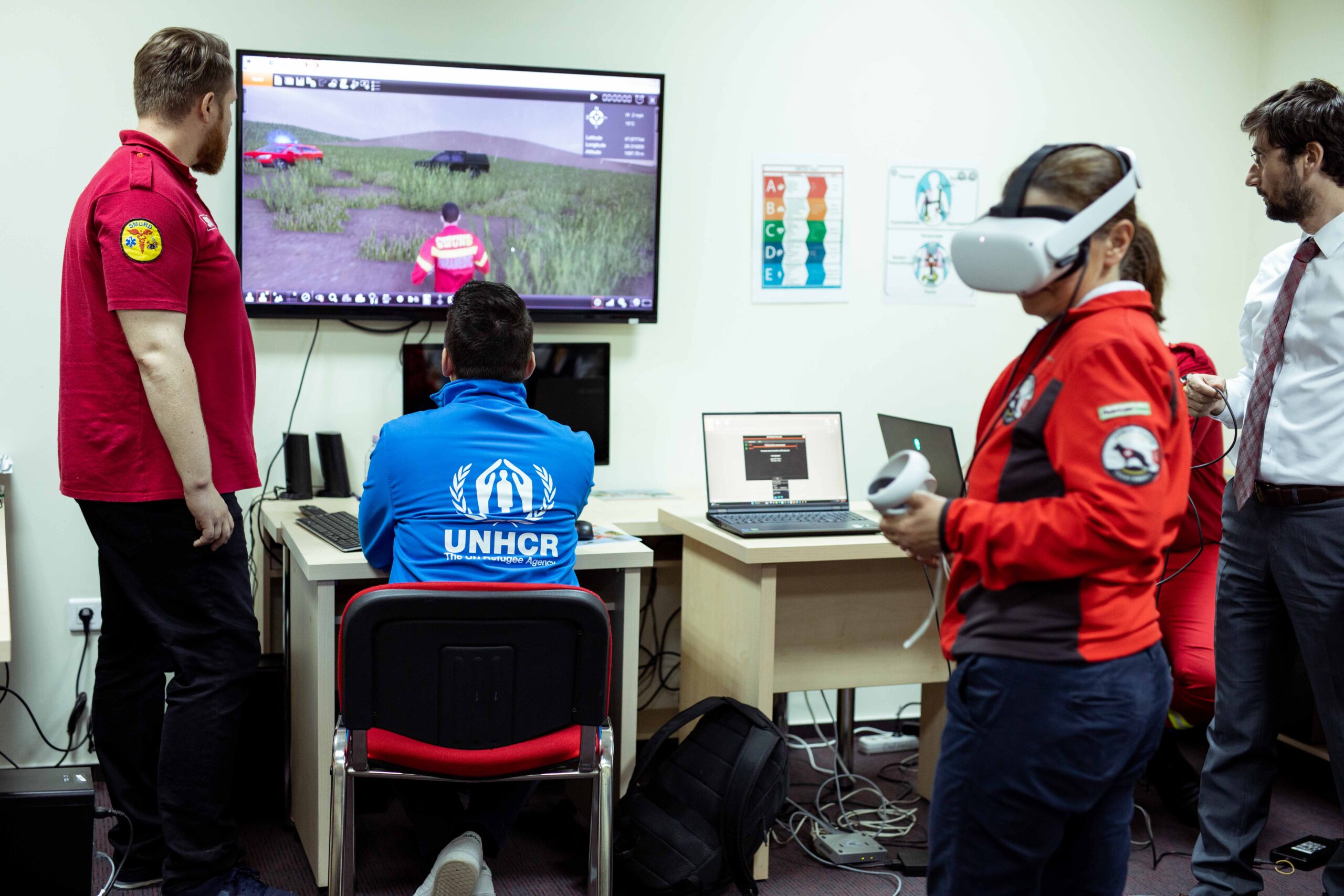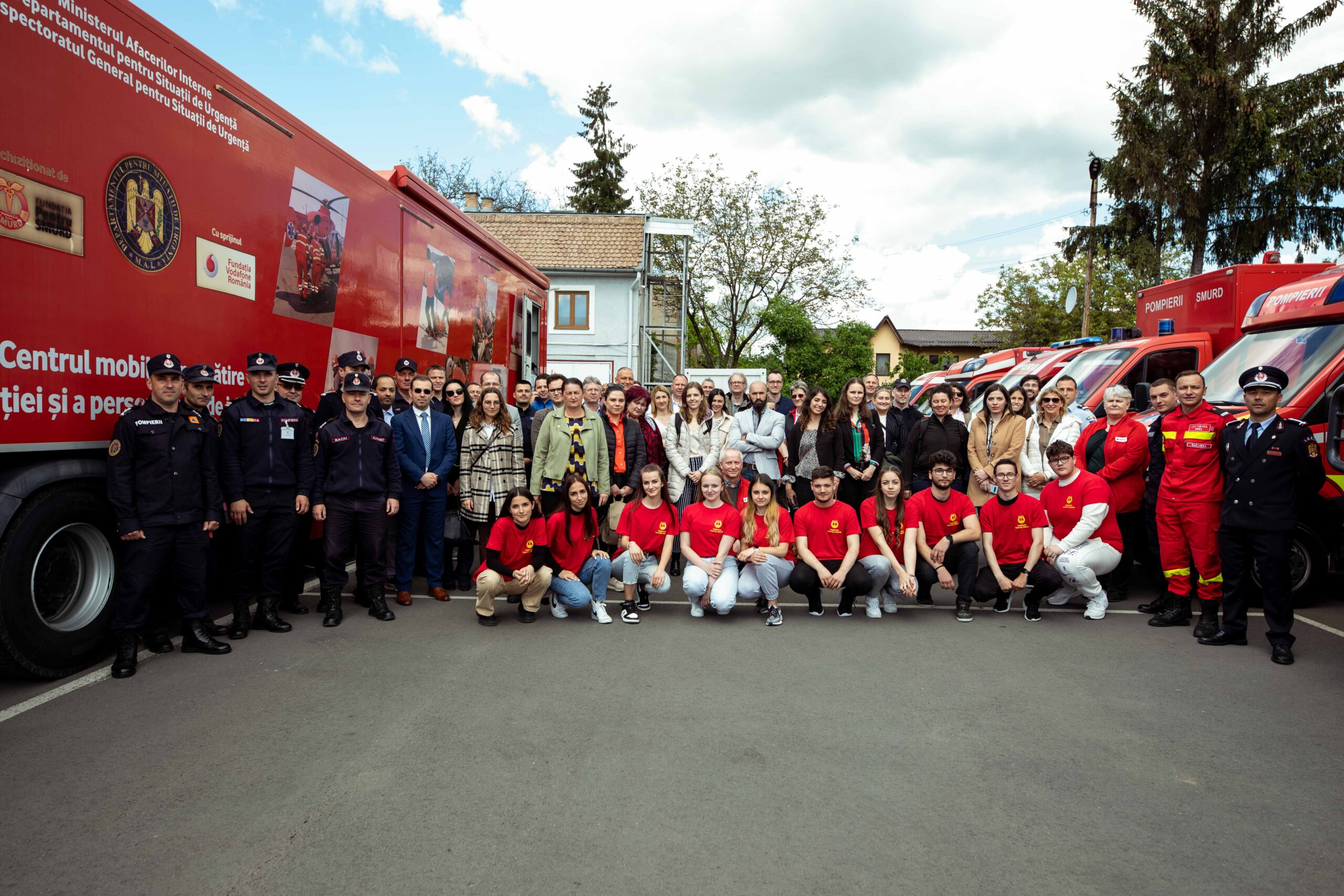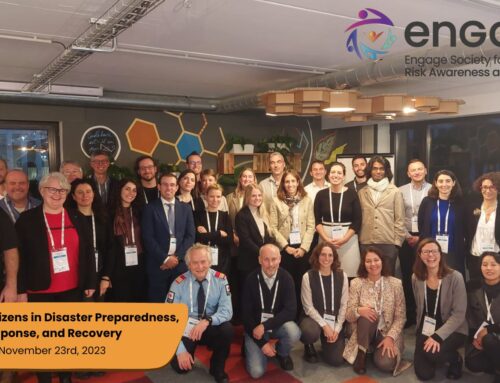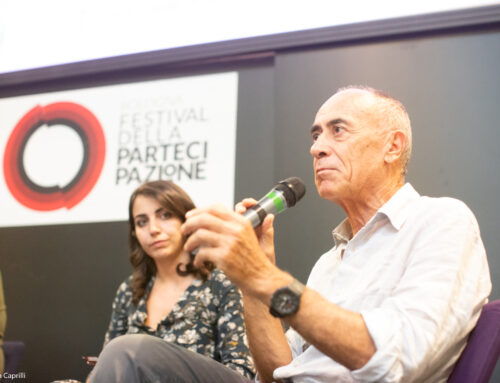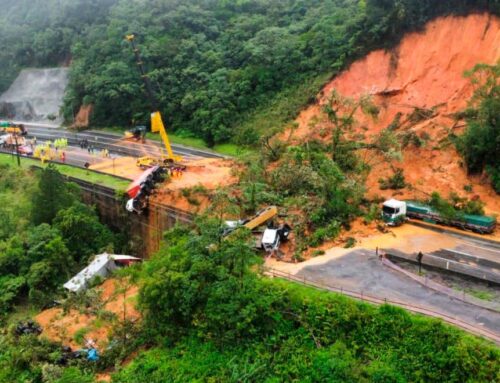On May 10th and 11th, 2023, the ENGAGE consortium met in Târgu Mureș, Romania, for a full-scale preparedness and validation exercise, coordinated by the Department for Emergency Situations (DSU) within the Romanian Ministry of Internal Affairs. The event signified the second validation exercise of the project – with the first being an exercise to enhance community preparedness to quick clay landslides in Trondheim, which took place last year.
The purpose of this particular exercise was to test and sustainably exploit the various solutions – technologies, tools, and practices from around the world that ENGAGE has identified to enhance collaborations between citizens, first responders, and public authorities. The exercise itself was based on a scenario involving an influx of displaced persons, which is a situation that is very relevant in Romania given their proximity to the border with Ukraine. The exercise aimed to raise awareness about the importance of collaboration and coordination in such situations among civil society organisations to ensure that adequate support and efficient allocation of resources can be facilitated.
Just before the exercise began, the ENGAGE consortium visited the Inspectorate for Emergency Situations in Târgu Mureș, where a presentation was given to the consortium on the equipment used when an emergency occurs and different types of scenarios that could take place on the ground. In addition, participants had the chance to explore more and even receive training through the Be Ready Caravan and the Mobile Center for Training the Population for Response to Emergency Situations.
In the afternoon, the consortium visited the National Center for Training in Medical Situations, where the exercise took place in virtual and augmented reality over four main events: (i) road congestion, (ii) illegal crossing of the State border, (iii) needs for accommodation/subsistence for about 5000 persons and (iv) response from communities and civil society. The exercise also benefited from the presence of external observers from the International Organisation of Migration (IOM) and the United Nations High Commissioner for Refugees. During the exercise, decisions have been taken based on the ENGAGE Catalogue of Solutions in order to test and validate some of the outputs and outcomes of the project in a real-life scenario.
The next day, the consortium met with experts in the field of migration, social and medical assistance, and representatives of civil society to discuss lessons learned from the exercise. Among them was Dr. Raed Arafat, Head of the Department for Emergency Situations at the Romanian Ministry of Internal Affairs. Dr. Arafat provided an overview of how the emergency system in Romania responded when Ukrainians were in need, including how “hubs” were built which allowed aid from Europe and beyond to be delivered. He also noted how the approach of ENGAGE has been instrumental in building societal resilience in Romania and bringing volunteers into emergency response. When asked if there are currently any mechanisms in Romania for evaluating the role and contributions of these volunteers in order to understand what societal resources may be on hand to utilize in future disasters or emergencies, Dr. Arafat noted that the Department for Emergency Situations is aiming to empower and teach citizens to help each other during a disaster, and that a pilot “neighborhood party” was being planned to enhance citizen understanding of where to search for resources to help others.
Author: Department for Emergency Situations, Romanian Ministry of Internal Affairs
Photos & video by the Department for Emergency Situations, Romanian Ministry of Internal Affairs

